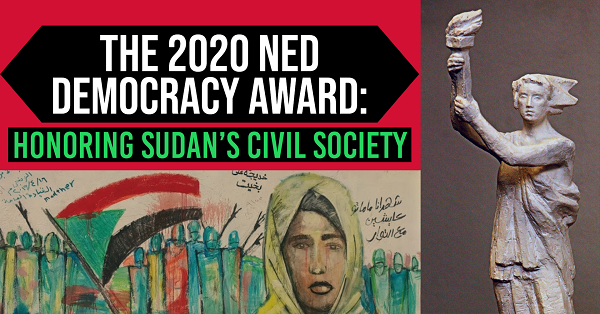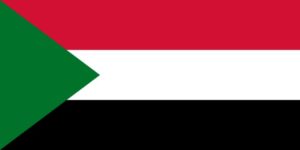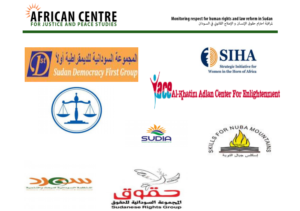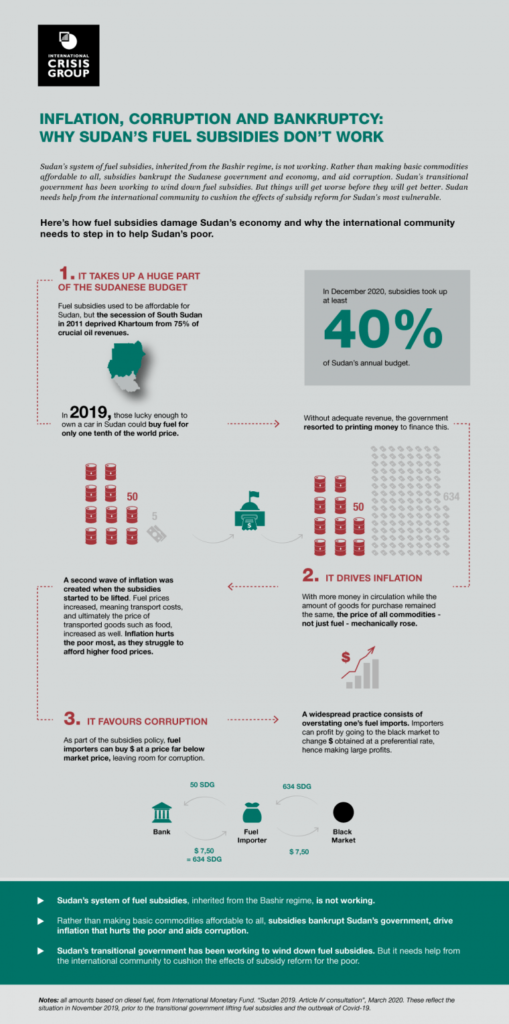
Sudan is on a fragile path to democracy after a popular uprising led the military to overthrow former autocratic president Omar al-Bashir in April last year, The Post reports.
The country’s political transition came on the back of a power-sharing deal between military leaders, who ousted Bashir, and the protest movement. Sudanese Premier Abdalla Hamdok, a technocrat, governs the country in awkward tandem with the long-dominant military, Deutsche Welle adds.
In the last few days, tens of thousands of people have, once again, taken to the streets of Sudan’s major cities to demand “freedom, peace and justice”, the rallying cry for the protesters who ousted Bashir. The big difference is that this time they are marching against the civilian-military Sovereign Council, demanding a greater role for civilians in the country’s transition towards democracy and faster reform, notes Associate Professor of International Studies at the University of Nottingham.
 A year ago the people of Sudan were heralding the fall of Bashir, the country’s long-serving strongman. A mass uprising led by the Sudan Professional Association and Resistance Committees had eventually managed to precipitate the deposing of the president. Why then have the protests returned to the streets? he asks in The Conversation:
A year ago the people of Sudan were heralding the fall of Bashir, the country’s long-serving strongman. A mass uprising led by the Sudan Professional Association and Resistance Committees had eventually managed to precipitate the deposing of the president. Why then have the protests returned to the streets? he asks in The Conversation:
- One area of clear frustration has been the snail’s pace at which civilian control is taking place. The civilian governance footprint on the country’s body politic is not yet evident. Instead, the military elite continues to have de facto control and influence, sidelining the civilians and often pushing for greater compromises from civilian partners.
- In addition, civilian governors haven’t been appointed to replace military ones in the various provinces, which would signal another move away from military governance.
- The lack of urgency in bringing Bashir and his henchmen to trial is also frustrating people. It appears to be a marginal priority, and in some instances deliberately frustrating.
- Nor have the country’s economic woes been addressed. People still queue for three to six hours to buy bread, or fill their tanks at petrol stations. Electricity reliability is still sketchy, with power cuts the norm. Accessing domestic gas is also a problem.
- The economy has been contracting and oil revenues have slumped due to falling oil prices and low production capacity. This has affected public expenditure and the investment needed to jumpstart the economic recovery.
 Sudan’s transition could easily veer off course if the government fails to focus on meeting the expectations of a tired and frustrated population, demonstrate that it can deliver benefits to the people and ease the short-term pain caused by overdue economic reforms, according to a recent report from the International Crisis Group (below).
Sudan’s transition could easily veer off course if the government fails to focus on meeting the expectations of a tired and frustrated population, demonstrate that it can deliver benefits to the people and ease the short-term pain caused by overdue economic reforms, according to a recent report from the International Crisis Group (below).
But the prime minister Abdalla Hamdor remains popular, adds. In seeking to placate the demonstrators, he recently admitted that the transitional authority had to “correct the revolution’s track”. RTWT
 Sudan now faces a historic opportunity for democratic transition, The National Endowment for Democracy (NED) adds. For more than six months preceding the formal power-sharing agreement in August 2019, the democratic civic movement of Sudan engaged in peaceful, countrywide protests, demanding a transition to civilian rule and respect for democracy and human rights.
Sudan now faces a historic opportunity for democratic transition, The National Endowment for Democracy (NED) adds. For more than six months preceding the formal power-sharing agreement in August 2019, the democratic civic movement of Sudan engaged in peaceful, countrywide protests, demanding a transition to civilian rule and respect for democracy and human rights.
The NED will pay tribute to the people of Sudan and their historic 2019 revolution when it honors three organizations working tirelessly to strengthen civil society in Sudan with the 2020 Democracy Award. The three organizations represent the key populations engaged in the protests: young people, women, and those living in the countryside on the periphery:
Regional Centre for Development and Training of Civil Society (RCDCS) trained hundreds of youth across the country on democracy, activism, and local engagement. The Centre’s overall aim is to strengthen and empower youth and civil society organizations to play a more effective role in achieving peace, democracy, and sustainable development in Sudan. It is currently working to formalize pathways for youth to engage in and be heard by government decision-making processes and political parties, as well as supporting local committees to maintain citizen engagement during the transitional period.
 Nuba Women for Education and Development Association (NuWEDA) trains women activists to engage in peace processes and activism on local issues and national respect for women’s rights. It is currently working to advance a national women’s agenda, pass legal reforms to protect women’s rights, and identify and train women to serve in the transitional national assembly. The Association campaigns against sexual and gender-based violence and for the elimination of all forms of discrimination against women in Sudan.
Nuba Women for Education and Development Association (NuWEDA) trains women activists to engage in peace processes and activism on local issues and national respect for women’s rights. It is currently working to advance a national women’s agenda, pass legal reforms to protect women’s rights, and identify and train women to serve in the transitional national assembly. The Association campaigns against sexual and gender-based violence and for the elimination of all forms of discrimination against women in Sudan.
Darfur Bar Association (DBA) supports marginalized people to advocate for their rights and provided legal assistance to vulnerable activists before and during the protests. The DBA provides legal assistance to Darfuri and other human rights activists targeted by the Sudanese government because of their ethnic identity or advocacy for human rights and democracy. The Bar Association will be vital in legal reform, peace negotiations, and transitional justice and accountability efforts.








